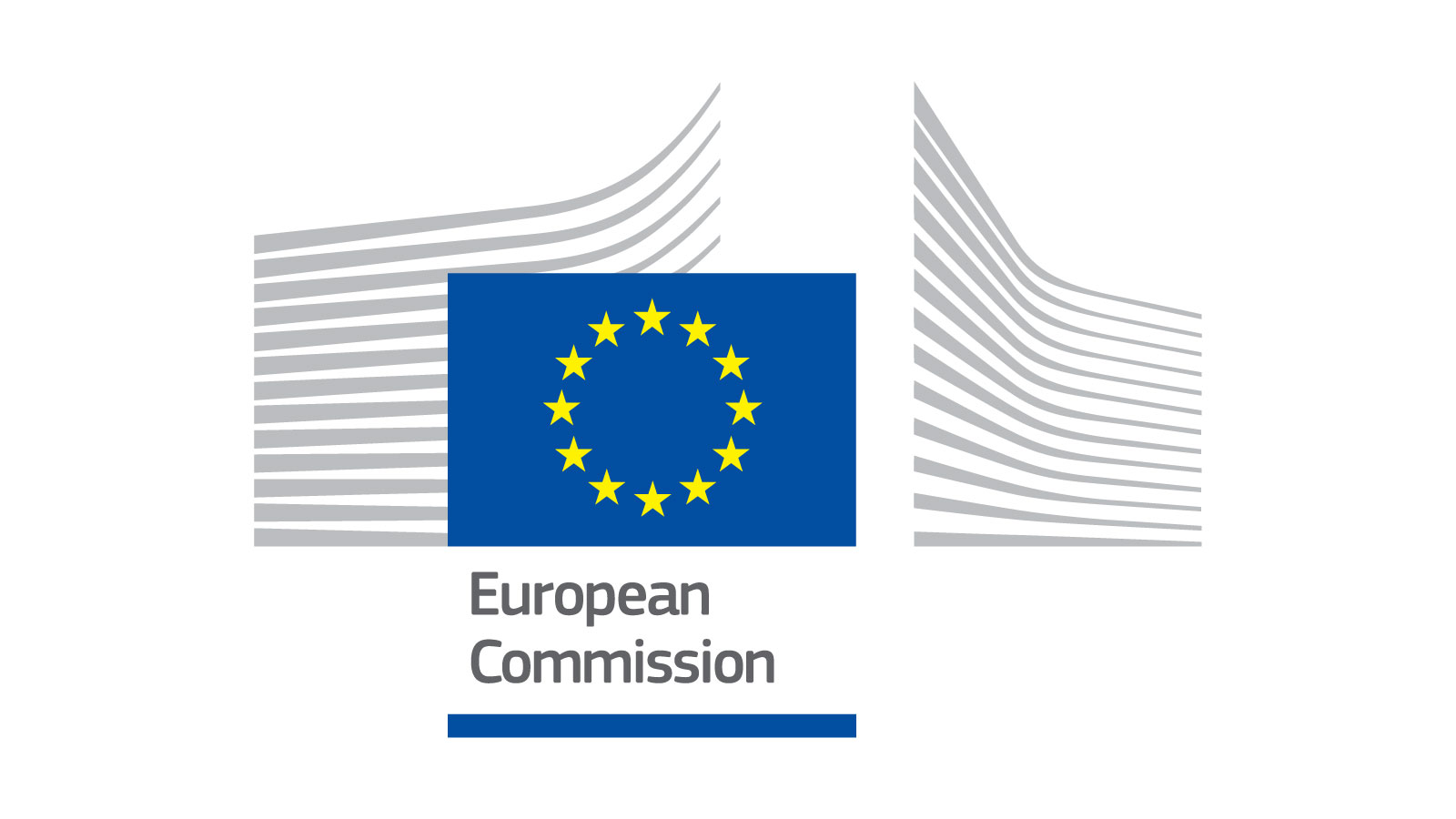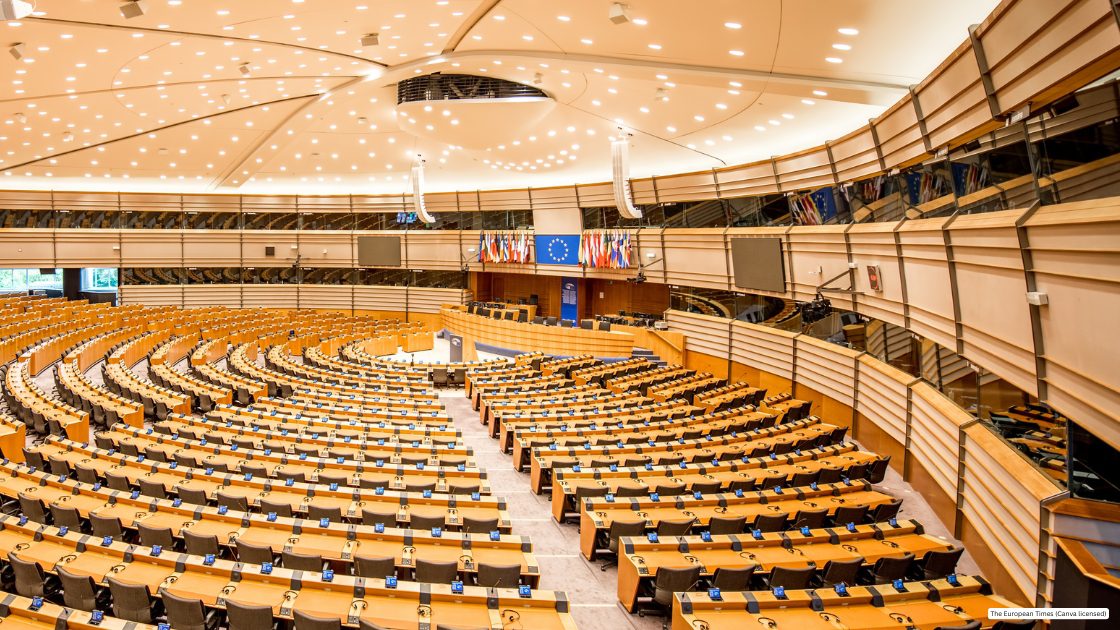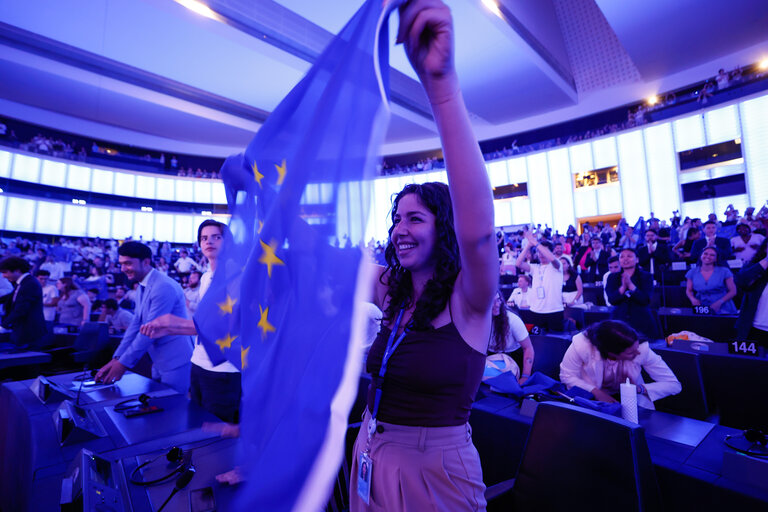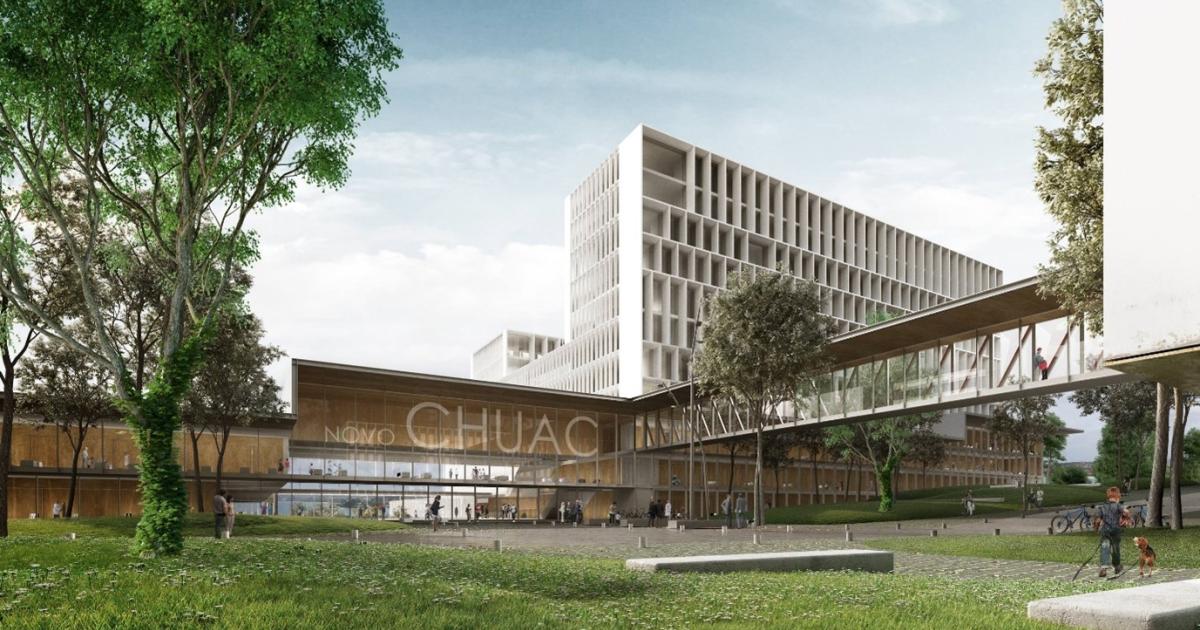Politics
Winners of EU translation contest for secondary schools announced

The European Commission announces today the 27 winners of its 18th EU translation contest for secondary schools ‘Juvenes Translatores’.
3070 enthusiastic participants tried their hand at translating a text between any two of the EU’s 24 official languages.
While English features prominently, the 144 language combinations chosen by students from 713 schools in the 27 Member States also included language pairs such as Polish-Portuguese, Slovenian-Danish and Romanian-Finnish, among others.
The European Commission’s translators selected one winner for each EU country. In addition, 341 students received special mentions for their impressive work. Piotr Serafin, Commissioner for Budget, Anti-Fraud and Public Administration, congratulated the winners and also thanked all the participants and their teachers for their enthusiasm. He added a message on the importance of language learning.
The award ceremony will take place in Brussels, on 10 April. As part of their trip, the 27 young translators will meet European Commission translators and see how they work. This experience will also bring them a unique opportunity to discover one another’s languages and cultures. As last year’s Swedish winner, Ivar Lasses put it:Juvenes Translatores made me believe in the “European Project”.
Background
Funded by the Erasmus+ programme, the Juvenes Translatores contest has been organised by the European Commission’s Directorate-General for Translation every year since 2007, to promote translation and multilingualism. This contest has been a life-changing experience for many of its participants and winners, giving young people their first experience at the European institutions. Some have decided to go into studying translation at university, and some have joined the European Commission’s translation department as trainees, or have become full-time translators.
The goal of the Juvenes Translatores contest is to promote language learning in schools and to give young people a taste of what it is like to be a translator. The competition is open to 17-year-old secondary school students and takes place at the same time in all selected schools across the EU.
Multilingualism, and therefore translation, has been an integral feature of the EU since the European Communities were first created. It was enshrined in the very first Regulation determining the languages to be used in the then European Economic Community, adopted in 1958. Since then, the number of official EU languages has grown from 4 to 24, as more countries became members of the EU.
2024-2025 Juvenes Translatores winners:
| COUNTRY | WINNER | PARTICIPANTS per COUNTRY | ||
| Name, language pair | Name of the school, city | Number of schools | Number of students | |
| Austria | Lea Grethe (SK-DE) | BG9 Wasagasse, Wien | 20 | 75 |
| Belgium | Alexandre Nadin (EN-FR) | Collège du Christ Roi, Ottignies | 22 | 99 |
| Bulgaria | Александра Атанасова (EN-BG) | ЕГ „Проф. д-р Асен Златаров“, Хасково | 17 | 68 |
| Croatia | Uma Kirić (EN-HR) | Graditeljska škola Čakovec, Čakovec | 12 | 49 |
| Cyprus | Μυρτώ Οικονομίδου (EN-EL) | Λύκειο Αρχιεπισκόπου Μακαρίου Γ’ Δασούπολη | 6 | 29 |
| Czechia | Valerie Kopsová (EN-CS) | Gymnázium Josefa Ressela, Chrudim | 21 | 91 |
| Denmark | Johanna Aare Berger (DE-DA) | Christianshavns Gymnasium, København | 15 | 49 |
| Estonia | Carol Liina Riisalu (DE-ET) | Tallinna Mustamäe Riigigümnaasium, Tallinn | 7 | 32 |
| Finland | Anni Silvoniemi (SV-FI) | Puolalanmäen lukio, Turku | 15 | 65 |
| France | Emma Lefranc (IT-FR) | Lycée Jacques Audiberti, Antibes | 81 | 378 |
| Germany | Charlotte Krazius (EN-DE) | Johann-Gottfried-Herder-Gymnasium, Berlin | 96 | 364 |
| Greece | Αντώνιος Άγγελος Γεωργούλης (EN-EL) | 3ο Γενικό Λύκειο Χίου, Χίος | 21 | 93 |
| Hungary | Illés Nóra (DE-HU) | Tolna Vármegyei SzC Apáczai Csere János Technikum és Kollégium, Dombóvár | 21 | 91 |
| Ireland | Déithín Ní Fhátharta (EN-GA) | Coláiste Chroí Mhuire, Galway | 14 | 53 |
| Italy | Matilde Bianchi (EN-IT) | IIS Lorenzo Federici, Trescore Balneario (BG) | 76 | 364 |
| Latvia | Simona Maira Millere (DE-LV) | Jelgava Spidola State Gymnasium, Jelgava | 9 | 32 |
| Lithuania | Alantė Litvinaitė (EN-LT) | Mažeikių Merkelio Račkausko gimnazija, Mažeikiai | 11 | 52 |
| Luxembourg | Julian Gonzalez Artero (ES-EN) | École Européenne Luxembourg II, Bertrange | 6 | 29 |
| Malta | Francesco Giorgino (EN-MT) | G.F. Abela Junior College, Msida | 6 | 23 |
| Netherlands | Isabel Clemen (DE-NL) | Werkplaats Kindergemeenschap Kees Boeke, Bilthoven | 25 | 92 |
| Poland | Wiktor Alisch (DE-PL) | V Liceum Ogólnokształcące w Bielsku-Białej, Bielsko-Biała | 53 | 230 |
| Portugal | Maria Ferreira (EN-PT) | Colégio de Nossa Senhora da Bonança, Vila Nova de Gaia | 21 | 94 |
| Romania | Sabina Elena Terzea (DE-RO) | Colegiul Național “Ion C. Brătianu”, Piteşti | 33 | 158 |
| Slovakia | Sara Gondová (EN-SK) | Stredná odborná škola obchodu a služieb, Michalovce | 15 | 65 |
| Slovenia | Mila Gorkič (EN-SL) | Gimnazija Poljane, Ljubljana | 9 | 36 |
| Spain | Leonor Gómez Álvarez (EN-ES) | I.E.S. Miguel de Cervantes, Murcia | 60 | 275 |
| Sweden | Hilma Spets (EN-SV) | Solbergagymnasiet, Arvika | 21 | 85 |
| TOTAL | 713 | 3070 | ||
* The number of participating schools from each EU country is equal to the number of seats it has in the European Parliament, with the schools being selected randomly by computer.
Source link
Politics
New plan will help EU countries tackle cyber-attacks better


© FRVS+MPCP 2022. The European Times® News is registered as an EU Trademark. All rights reserved. The European Times® and the logo of The European Times® are EU trademarks registered by FRVS+MPCP.
Members/Partners of

About Us
Popular Category
DISCLAIMER OPINIONS: The opinions of the authors or reproduced in the articles are the ones of those stating them and it is their own responsibility. Should you find any incorrections you can always contact the newsdesk to seek a correction or right of replay.
DISCLAIMER TRANSLATIONS: All articles in this site are published in English. The translated versions are done through an automated process known as neural translations. If in doubt, always refer to the original article. Thank you for understanding.
DISCLAIMER PHOTOS: We mostly used photos images that are readily available online, from free sources, or from the people promoting the news. If by any chance it happens that we have used one of your copyrighted photos, please do not hesitate to contact us and we will take it down without question. We do not make profits as this is a not for profit project to give voice to the voiceless while giving them a platform to be informed also of general news, and it is completely free.
Editor Picks
Politics
EYE2025 (European Youth Event): thousands to celebrate the power of democracy | News

EYE2025 (European Youth Event) will be opened by Parliament Vice-president Sabine Verheyen (EPP, DE) on Friday 13 June at 10:00 in the EYE village. Vice-president Nicolae Ştefănuță (Greens/EFA, RO) will take part in a session dedicated to the next long-term budget, on Saturday at 15:00. The closing session, with Vice-president Pina Picierno (S&D, IT), will take place on Saturday at 16:45.
Over the two days, there will be panel discussions with MEPs and other EU decision-makers, as well as with experts, activists and content creators. Debates between MEPs and the young participants will cover climate justice, skills for the future, the EU’s next long-term budget, and freedom of speech and media, among many other topics.
Commissioner for Intergenerational Fairness, Youth, Culture and Sport Glenn Micallef will lead a Youth Policy Dialogue on Friday at 11:00, and take part in a panel discussion on young people’s mental health that afternoon. Executive Vice-President of the Commission, Henna Virkkunen will join in a conversation on how technology can strengthen democracy, on Friday at 15:00.
Other guest speakers are democracy activist Daria Navalnya, the Kayapo Amazonian tribal leader Chief Tau Metuktire and the Mayor of Strasbourg Jeanne Barseghian.
The programme also includes workshops on a wide range of issues that concern young people, from disinformation to housing and migration. Quizzes, tours, artistic performances, storytelling workshops and concerts are other options among more than 450 activities organised for the sixth edition of EYE.
All sessions in the hemicycle will be streamed live on the EYE2025 Facebook page and via Parliament’s Multimedia Centre. More details about the schedule, speakers and activities are available on the European Youth Event website.
Press briefing
On Friday 13 June at 16:30, there will be a press briefing with Vice-president Verheyen on media freedom in the EU, in the Daphne Caruana Galizia press conference room. You can follow it live here.
Source link
Politics
Galician healthcare system receives nearly €510 million in EU support for its modernisation

The European Commission supports the development of the new A Coruña university hospital complex (CHUAC) in the city of A Coruña, located in the Spanish region of Galicia. The grant of nearly €60 million awarded under the Public Sector Loan Facility (PSLF), as part of the Just Transition Mechanism (JTM), complements a loan of €450 million provided by the European Investment Bank (EIB), and Xunta de Galicia’s own resources, bringing the total investment to €600 million.
This social infrastructure project of regional interest aims to expand and modernise the existing hospital complex in A Coruña. It is one of Xunta de Galicia’s major actions to strengthen its public healthcare system. The new hospital complex will include state-of-the-art infrastructure and facilities to provide comprehensive and high-quality healthcare and medical services for patients.
The resulting modern and sustainable healthcare infrastructure will improve the provision of health services and the quality of life of the citizens of Galicia, which in turn will enhance regional convergence with a significant impact on the local economy and employment.
Thanks to this project, around 564 000 people are expected to benefit from more efficient, accessible and quality health services in A Coruña and the surrounding areas. The project is also expected to create an estimated 6 140 direct and indirect jobs related to health infrastructure, representing approximately 1.3% of the employed population in A Coruña. With its energy efficiency measures, bioclimatic architecture, as well as sustainable and smart resources management, the project can substantially contribute to climate change mitigation.
This investment therefore plays a crucial role in mitigating the long-term socioeconomic consequences of the coal-fired plants closures in the region, while promoting a sustainable and an inclusive recovery for Galicia in the context of the region’s ageing demographic and green transitions.
Emma Toledano Laredo, Director at the European Commission (DG REGIO), said:
The European Commission, together with CINEA and the EIB, is very proud to bring the new A Coruña university hospital complex to life thanks to the Public Sector Loan Facility. This green, innovative and people-first project will enhance the provision of healthcare to Galicians, while bringing jobs to the region. This is yet another example of how a just and green transition can bring improvement in all sectors of a regional economy and its people.
Paloma Aba Garrote, Director of CINEA, added:
The new A Coruña university hospital complex is an excellent example of how the Public Sector Loan Facility can support European regions in their transition towards climate neutrality and improve people’s lives. Together with our partners, we are proud to invest in a sustainable and modern healthcare infrastructure, which will provide high-quality and accessible services for Galicians while fostering social cohesion, regional convergence and sustainability.
A spokesperson for the Xunta de Galicia regional government stated:
This project aiming to modernise and expand the A Coruña university hospital complex is a fundamental investment to develop the Galician healthcare infrastructure. Galicia is the first Spanish region to receive support from the Public Sector Loan Facility. Moreover, the new CHUAC project has been awarded the biggest PSLF grant so far, amounting to €59.3 million.
About PSLF
The Public Sector Loan Facility (PSLF) is the third pillar of the Just Transition Mechanism (JTM) – a key tool of the European Green Deal Investment Plan to make sure that no one and no region is left behind in the transition to a climate-neutral economy.
The PSLF combines loans from the European Investment Bank (up to around €6-8 billion) with grants from the European Commission (up to €1.3 billion). The combined support is designed to mobilise additional investments for public sector entities in the regions most affected by the green transition as identified in the Territorial Just Transition Plans, to meet their development needs as they move towards a climate-neutral economy. Each Member State creates these plans to identify the challenges faced by just transition regions, along with their development needs and targets for 2030.
The combination of the European Investment Bank loan and the EU grant will help fund projects that do not generate enough revenues to cover their costs.
PSLF is managed by DG REGIO and implemented by CINEA.
About DG REGIO
The Directorate-General for Regional and Urban Policy (DG REGIO) is the department of the European Commission responsible for EU policies on regions and cities. It develops and carries out the Commission’s policies on regional and urban policy. It assists the economic and social development of the developed and less developed regions across the European Union.
About CINEA
The European Climate, Infrastructure and Environment Executive Agency (CINEA) is an Executive Agency established by the European Commission to implement parts of EU funding programmes for transport, energy, climate action, environment and maritime fisheries and aquaculture. CINEA aims to assist its beneficiaries, establish strong partnerships, deliver high-quality programme and project management, foster effective knowledge sharing and create synergies between programmes – to support a sustainable, connected, and decarbonised Europe.
About the EIB
The European Investment Bank (EIB), whose shareholders are the 27 Member States of the European Union, is the EU’s long-term financing institution. The EIB provides loans to the public and private sectors to support high-quality investments contributing to the achievement of the EU headline targets.
Visit the PSLF webpage on CINEA website to find out more about the Facility and the projects it funds.
-
EU & the World5 days ago
Aurora Borealis Forecast: Where & When to See the Northern Lights Tonight
-

 Sports6 days ago
Sports6 days agoChampions League Final 2024-2025: PSG-Inter, official lineups
-

 EU & the World6 days ago
EU & the World6 days agoRihanna’s Parents: About Her Late Dad Ronald Fenty & Mom Monica Braithwaite
-

 Sports5 days ago
Sports5 days agoOfficial: Damien Comolli new general manager of Juventus.
-

 EU & the World6 days ago
EU & the World6 days agoLoretta Swit’s Net Worth: How Much Money the ‘M*A*S*H’ Alum Had
-

 EU & the World6 days ago
EU & the World6 days ago‘King of the Hill’ Revival: Upcoming Hulu Sitcom’s Release Date & More
-

 Sports6 days ago
Sports6 days ago“Pecco Bagnaia is a'shadow”: the'former driver celebrates Marc Marquez
-

 EU & the World6 days ago
EU & the World6 days agoTaylor Swift’s Net Worth: How Much Money She Has in 2025








